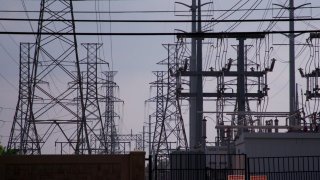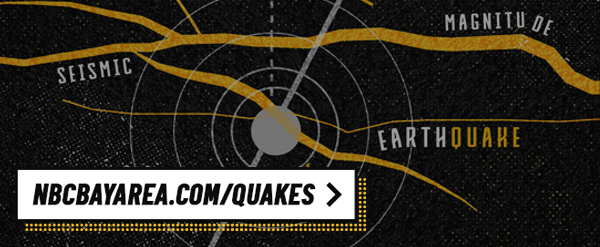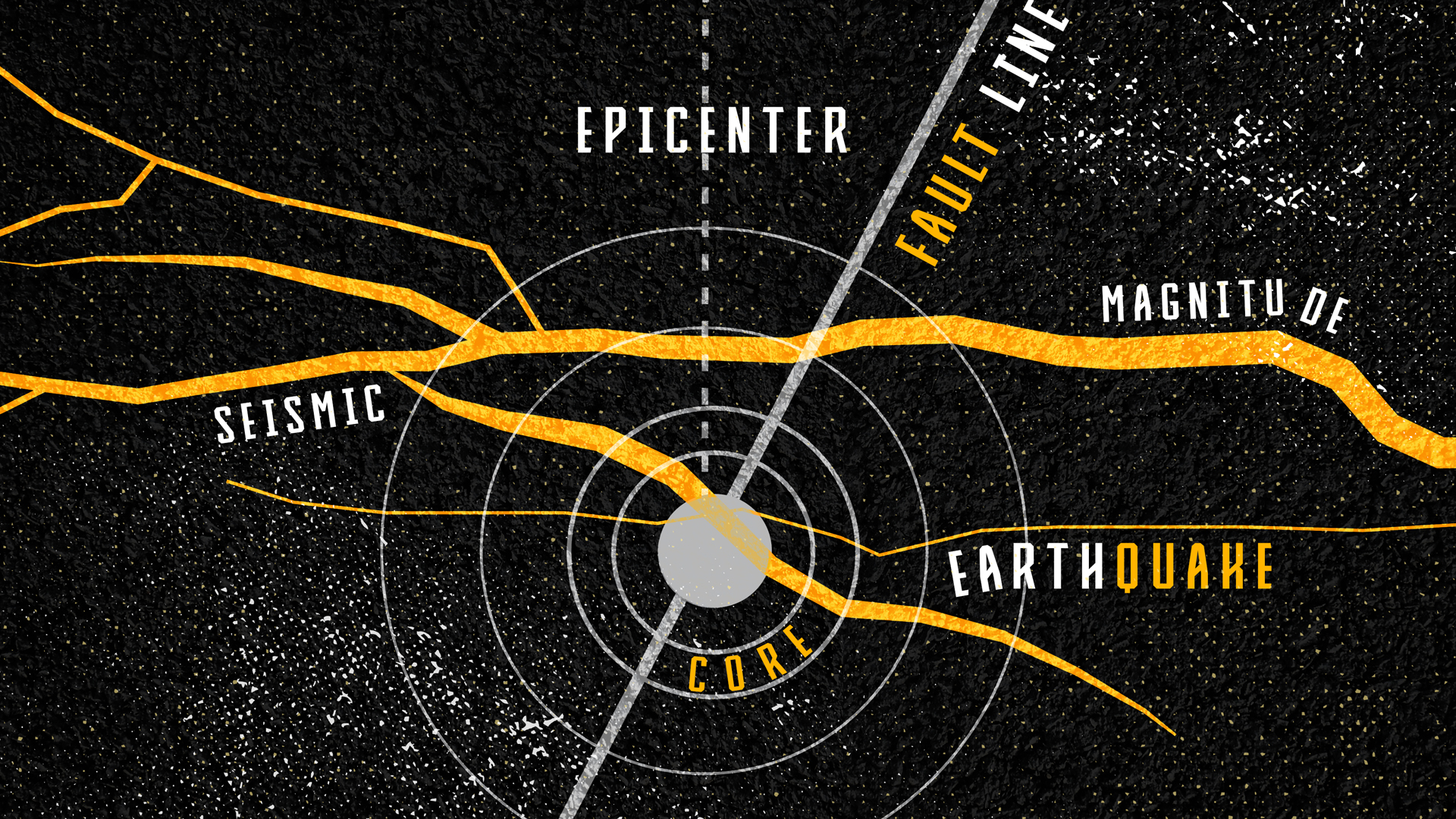
When electrical power goes out due to an earthquake, it may disrupt communications, water, food, gas stations, transportation, retail businesses, grocery stores, banks and other services for long periods of time. Here's a checklist, built from a wealth of resources and past reports, of steps you can take to minimize the safety risks caused by a power outage.
QUICK VIEW
- Have a flashlight handy
- Make alternate plans for medical devices powered by electricity and refrigerated medication
- Stock up on food/water and monitor refrigerator and freezer
- Avoid damage from electrical surges and carbon monoxide poisoning
- Take inventory of your electrical needs
- Consider all backup power sources - use generators outside only
- Monitor extreme weather conditions
- Consider communication alternatives and check in on your neighbors
- Carry cash
- Understand how power restoration works

HAVE A FLASHLIGHT HANDY
- Make sure to have a flashlight with batteries handy (ideally part of your emergency go bag)
- Consider backup and non-power alternatives for light
- Avoid using candles because of the fire risk - if you must use candles, use extreme caution
- Have flashlights for every household member

MAKE ALTERNATE PLANS FOR MEDICAL DEVICES POWERED BY ELECTRICITY AND REFRIGERATED MEDICATION
- Talk to your medical provider about a plan for power-dependent medical devices and refrigerated medicines
- Have a backup plan to maintain any life support equipment

Get a weekly recap of the latest San Francisco Bay Area housing news. Sign up for NBC Bay Area’s Housing Deconstructed newsletter.
STOCK UP ON FOOD/WATER AND CAREFULLY MONITOR REFRIGERATOR AND FREEZER
- Have enough nonperishable food and water for all household members and pets, good for at least 3 days
- Consider backup alternatives for cooking
- Camp stoves or charcoal grills should always be used outdoors, at least 20 feet away from windows
- Plan to use coolers with ice to extend food refrigeration if necessary
- Keep refrigerator and freezer doors closed to ensure that food stays cold
- Your refrigerator can keep food cold and safe for up to four hours (after 4 hours, discard refrigerated perishable food)
- A full freezer will maintain temperature for two days
- Monitor refrigerator and freezer temperatures with a thermometer
- Make sure refrigerator temperature is at 40 degrees or higher
- Make sure freezer temperature is at 0 degrees or lower
- TIP: If you want to know if the power went out while you were away on vacation or needed to evacuate, you can can try this trick with any coin:
- Take a small container
- Fill it with water
- Place it in you freezer until it's frozen solid
- Stick any coin on the surface of the ice
- Put it back in the freezer
- If the coin is still on the ice, the power came back in time
- If the coin has fallen to the bottom, you know that the power went out for a significant amount of time
- WHEN IN DOUBT, THROW IT OUT!

AVOID DAMAGE FROM ELECTRICAL SURGES AND CARBON MONOXIDE POISONING
- AVOID DAMAGE FROM ELECTRICAL SURGES
- Turn off or disconnect appliances, equipment and electronics to avoid damage from electrical surges (helps eliminate fire hazards that can happen when power is restored)
- Make sure you have current surge protectors for household electronics
- AVOID CARBON MONOXIDE POISONING
- Make sure you have one carbon monoxide detector on each level of your home
- Install battery-operated or battery back-up smoke alarms
- Portable back-up generators produce the poison gas carbon monoxide (CO) - it's an odorless, colorless gas that kills without warning

TAKE INVENTORY OF YOUR ELECTRICAL NEEDS
- Know what items you typically need that rely on electricity so you can plan ahead

CONSIDER ALL BACKUP POWER SOURCES - USE GENERATORS OUTSIDE ONLY
- Plan for batteries and other alternative power sources to meet your needs when the power goes out
- Use generators outside, more than 20 feet away from your home, doors and windows - never use a generator inside your home or garage, even if doors and windows are open
- An incorrectly installed generator can damage your property and endanger you
- Cars can also charge mobile phones
- Make sure your car has a full tank of gas or is fully charged
- Make sure you can manually open and close your garage door (read owners manual) in case your garage door opener might not work without power

MONITOR EXTREME WEATHER CONDITIONS
- Plan for heating or cooling your home
- If weather is extreme, plan to go to a location with air conditioning or with heat (check with local officials for locations of cooling or warming centers)
- Never use a gas stove or oven to heat your home

CONSIDER COMMUNICATION ALTERNATIVES AND CHECK IN ON YOUR NEIGHBORS
- Create a paper copy of your contact list (such as hospitals, fire departments, police, friends, relatives) in a convenient location in case you need assistance
- Keep your mobile phone and other electric equipment fully charged as much as possible
- Obtain a battery-operated radio or communication device that works without home power
- Determine whether your hardwired, single-line home telephone will work in a power outage (cordless phones don't work without electricity)
- Sign up for local alerts and warning systems
- Check to see if your neighbors need help

CARRY CASH
- Have cash on hand in case ATM's aren't available

UNDERSTAND HOW POWER RESTORATION WORKS
- First, utility workers assess damage, address hazardous situations (like downed wires) and prioritize repairs that restore service to critical facilities such as hospitals, water pumping stations and police and fire departments
- Next, crews focus on restoring as many customers as possible
- Not all circuits are restored at one time

BAY AREA QUAKE CENTRAL
You can take steps to plan and prepare for the next big one. Access our Bay Area Quake Tracker, the latest earthquake stories, extensive quake prep checklists, videos and many other disaster preparedness resources all in one place: NBCBAYAREA.COM/QUAKES


